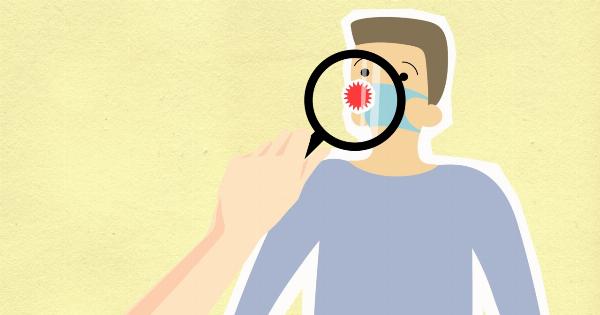The flu season is taking its toll once again, and the news is not good. The latest figures show that the death toll from the flu has now reached 159, with many more cases reported all across the country.
The flu is a highly contagious virus that spreads easily from person to person and can cause serious illness and even death, especially in vulnerable populations such as the elderly, young children, and those with compromised immune systems.
What is the flu?
The flu, or influenza, is a viral infection that affects the respiratory system. It is caused by the influenza virus, which is highly contagious and easily spread through the air by coughing, sneezing, or talking.
Symptoms of the flu can include fever, cough, sore throat, runny or stuffy nose, body aches, headache, chills, and fatigue. In severe cases, the flu can lead to complications such as pneumonia, dehydration, and even death.
Who is most at risk?
While anyone can catch the flu, some groups are more at risk than others. These include:.
- Elderly people
- Young children
- Pregnant women
- People with chronic medical conditions such as asthma, diabetes, and heart disease
- People with weakened immune systems, such as those undergoing chemotherapy or with HIV/AIDS
Preventing the flu
The best way to prevent the flu is to get vaccinated each year. The flu vaccine is safe, effective, and can prevent you from getting sick, or at least reduce the severity of your illness if you do get sick.
Other ways to reduce the risk of catching the flu include:.
- Washing your hands regularly with soap and water
- Avoiding close contact with people who are sick
- Covering your mouth and nose with a tissue or your elbow when you cough or sneeze
- Avoiding touching your eyes, nose, and mouth
- Staying home from work or school if you are sick
- Keeping surfaces clean and disinfected, especially if someone in your household is sick
If you get sick
If you do get sick with the flu, there are several things you can do to help alleviate your symptoms and prevent further spread of the virus:.
- Stay home from work or school until you have been fever-free for at least 24 hours
- Drink plenty of fluids to prevent dehydration
- Take over-the-counter medications such as acetaminophen or ibuprofen to relieve fever and aches
- Get plenty of rest
- If you are at high risk of complications or have severe symptoms, seek medical attention right away
Conclusion
The flu is a serious illness that can lead to complications and even death, particularly in vulnerable populations. The flu vaccine is the best way to prevent the flu and reduce its severity if you do get sick.
If you do get sick, take steps to prevent the further spread of the virus and seek medical attention if necessary. By taking these measures, we can all help to reduce the impact of the flu and protect ourselves and those around us.




























